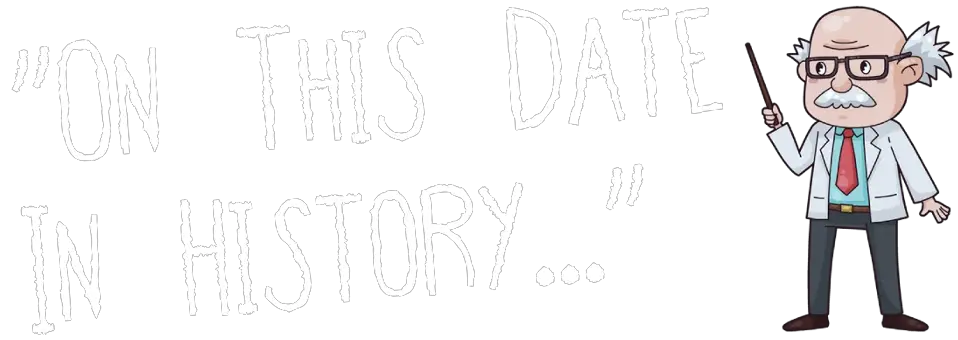The Nation after JFK’s assassination
The country was shocked and grieving following the assassination of President John F. Kennedy in 1963, and the nation turned to Lyndon Johnson for leadership and guidance during this difficult time.
Watch: Flashback: Listen to Lyndon’s Johnson’s phone conversation with Jackie Kennedy 10 days after the assassination
Johnson took many important steps in the aftermath of JFK’s death, including convening a special commission to investigate Kennedy’s assassination.
Johnson also worked to implement Kennedy’s vision for civil rights reform in America. Although he initially opposed many of the reforms championed by Kennedy and Martin Luther King Jr., Johnson eventually embraced this cause, signing landmark legislation such as the Civil Rights Act of 1964 and the Voting Rights Act of 1965 into law.
Who was Earl Warren?
The Earl Warren Commission was a special commission convened by Lyndon Johnson to investigate the assassination of President John F. Kennedy. The Commission consisted of seven prominent public figures, including Chief Justice Earl Warren, and was tasked with reviewing the evidence surrounding JFK’s death and determining who was responsible for his murder.
While conducting its investigation, the Commission interviewed countless witnesses, analyzed thousands of pieces of evidence, and looked into a wide range of possible motives for Kennedy’s assassination. Ultimately, after months of intensive work, the Commission concluded that Lee Harvey Oswald had acted alone in assassinating JFK and that there was no evidence suggesting a wider conspiracy or involvement by any other parties.
After John F. Kennedy was assassinated in 1963, Lyndon Johnson became President of the United States. Known for his strong leadership skills and firm political views, Lyndon Johnson worked closely with Congress to pass several major pieces of legislation during his tenure as President, including the Civil Rights Act of 1964 and the Voting Rights Act of 1965.
These two bills remain some of the most significant pieces of legislation in US history, and Lyndon Johnson is often considered one of the most influential presidents in American history.
Despite his remarkable accomplishments during his presidency, Lyndon Johnson’s legacy has been somewhat overshadowed by the tumultuous events surrounding his term, including growing opposition to the Vietnam War and mounting criticism over alleged corruption within his administration.
3 instances of alleged corruption:
– Lyndon Johnson’s involvement in the “Javits-Wagner Act”, a corrupt real estate deal that allegedly benefitted his family and friends at the expense of taxpayers. This scandal led to an investigation by the US Senate, which eventually found Lyndon Johnson guilty of abuse of power and misuse of federal funds.
– Lyndon Johnson’s close relationship with Bobby Baker, a prominent political figure who was accused of corruption and bribery during Lyndon Johnson’s presidency.
– Lyndon Johnson’s alleged ties to organized crime figures, such as Carlos Marcello and Sam Giancana, who were believed to have been involved in many illegal activities during Lyndon Johnson’s presidency.
3 interesting facts about Lyndon Johnson:
1) Lyndon Johnson was the first and only president to be sworn into office on an airplane. This occurred after John F. Kennedy was assassinated and Lyndon Johnson was sworn in as president aboard Air Force One.
2) Lyndon Johnson was known for his strong leadership skills and firm political views. However, he was also known for being a volatile and often intimidating figure.
3) Lyndon Johnson was a skilled legislator and was known for his ability to get things done in Washington. This earned him the nickname “The Master of the Senate.”



